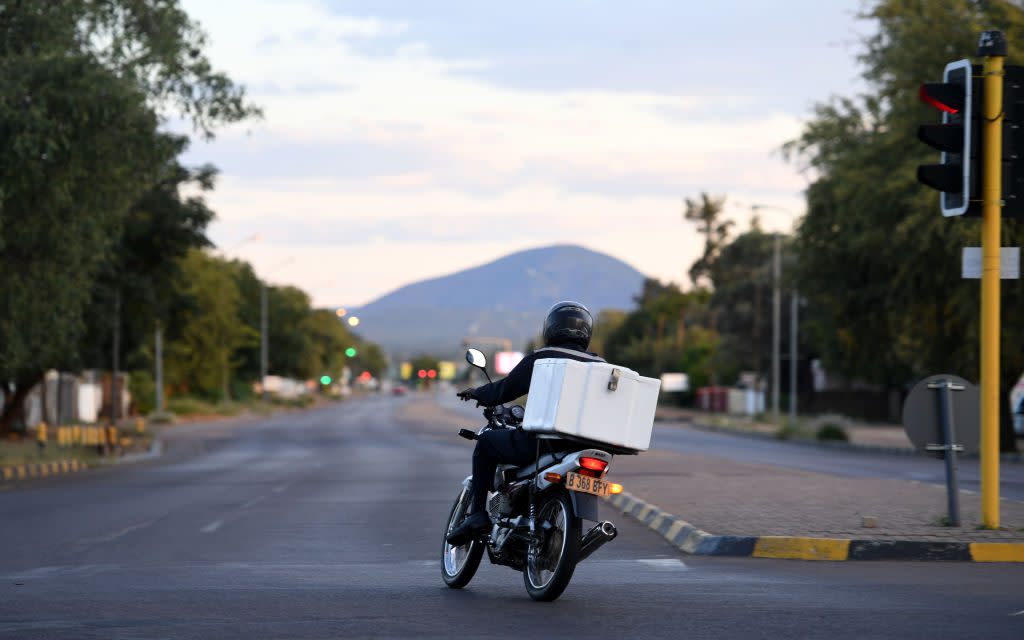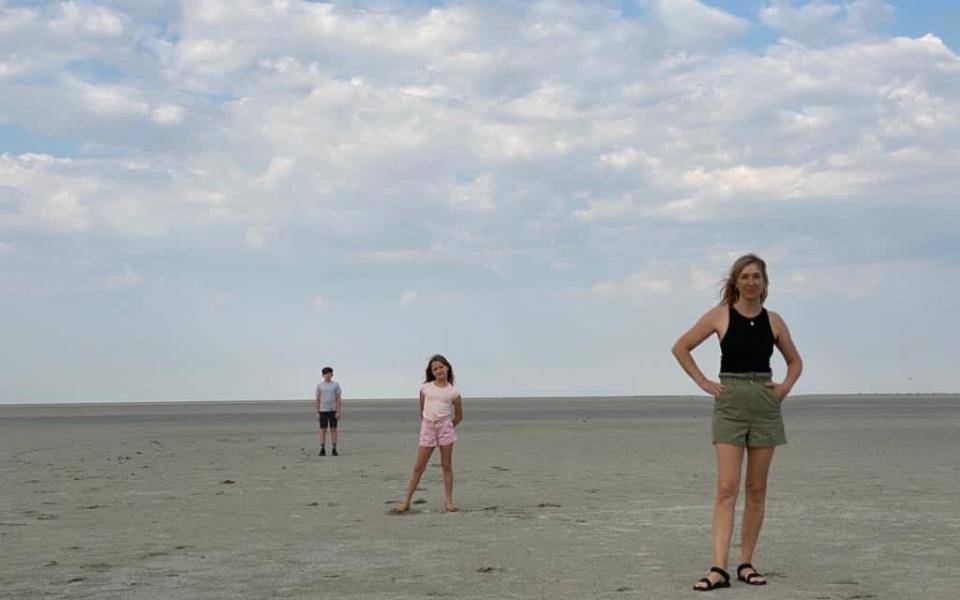'Here in Botswana, dry January has been mandated by the government'

It’s dawn in the Okavango Delta – a wilderness in Botswana’s north western region that’s home to vast concentrations of lions, elephants, hippos and crocodiles. And as the sun rises, warming the vast sky with a dusting of pink over the endless stretch of green wetlands that surround our tented camp, I wonder what 2021 will bring.
The previous year (I still can’t believe I can finally refer to 2020 as the past) saw the people of Botswana struggling to cope with two national lockdowns, regular curfews and tight restrictions on alcohol consumption that have carried through into January. But, as a hippo rises its head up out of the water and a scattering of huge winged herons come down to land, I’m reminded that the natural world has continued to thrive throughout the pandemic. And nowhere is nature more vibrant than in this beautiful corner of southern Africa.
The Covid picture in this landlocked country – with only 2.3 million inhabitants, despite being the size of France – is quite different to the UK. Named as one of the world’s poorest nations when it achieved independence in 1966, Botswana quickly became Africa’s greatest development success story thanks to significant diamond wealth, a stable government that prioritised universal health care and education, and a small population.
The government’s no-nonsense approach to handling the pandemic didn’t initially sit well with my British libertarian sensibilities. Why, I repeatedly asked, while looking out at the armed soldiers patrolling past my house, did we have to wear masks even while exercising outdoors (they remain mandatory at all time outside the home)? Was it fair, I wondered, to expect all children, even those as young as five, to wear masks all day long in the classroom? How would my daughter, aged seven, and 11-year-old son cope? When a third national alcohol ban was announced, without warning, just two weeks ago, leaving me to take part in a government-enforced dry January, I felt I’d been pushed over the edge.

But there are reasons to be grateful for the government’s response. With just over 15,000 Covid cases in Botswana so far, and 45 recorded deaths, the measures have been successful. Especially when compared to similar sized countries on the American continent (such as Panama, with 100,000 cases and 2,000 deaths), as well as Botswana’s next door neighbour, South Africa, which has struggled to manage its 1.6 million cases and 36,000 mortalities.
That’s not to say the effects of its policy haven’t been keenly felt. With no furlough scheme or government backed social support system in place, countless businesses were forced to closed after Botswana was plunged into a national state of emergency. With the closure of the country’s borders and a military enforced lockdown that lasted six weeks, many fell into poverty after suffering crippling job losses.

At least nature has offered some solace. Right now, a dazzle of more than 20,000 zebra are undertaking the 300-mile journey from Botswana’s Chobe River in the north to the Ngaxi pan region, in one of Africa’s most astonishing annual migrations – just as they have always done. Rare species of birds are easier to see with far fewer mokoros, or dug-out canoes, on the waterways. Like the slaty egret, whose distinctive yellow legs were spotted wading through the wetlands by my husband on a recent trip to the Delta.
The rich and varied experiences I’ve been able to have this past year, despite the pandemic, have filled me with awe. And it’s not just me. Friends have described sleeping in the open air of the Makadikadi salt pans beneath a shimmering sky of stars and silently sitting on a viewing platform as they watch sleeping leopards. In a bid to survive, business owners have made massive price reductions at some of Africa’s most luxurious safari camps – usually the preserve of royalty and the ultra rich – exclusively available to residents of Botswana.

Experiences like gliding along the Okavango’s maze of winding rivers an hour before sunset, with pale orange light glittering on the water, and then seeing a majestic female lion with her cubs frolicking on a bank beside us.
And I’ll never forget driving along the road to Chobe in Botswana’s far north in October, when suddenly an enormous herd of elephants emerges from between the bushes, forcing us to quickly pull over and wait with our hearts in our mouths while the car shook.
Who knows what 2021 will bring? If the pandemic has taught us one thing, it’s that the course of life is always unpredictable. Beauty lies in its fragility.


